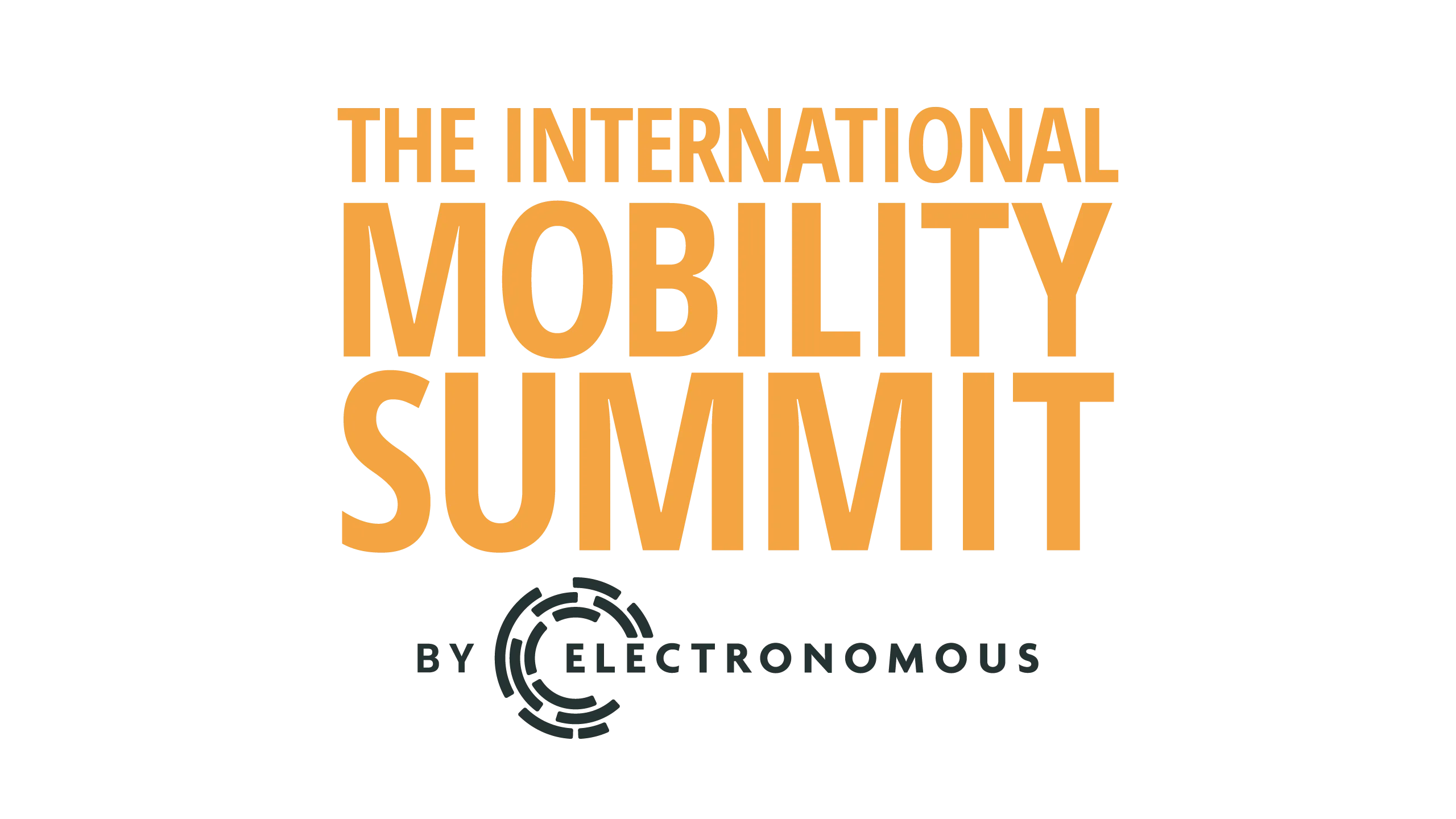In the lead-up to a much-anticipated policy debate regarding infrastructure investment, the International Bridge, Tunnel and Turnpike Association (IBTTA) has released The Futures of Transportation, a report of the Transportation Visioning Summit which convened leaders of 18 major US transportation associations to discuss and consider the future of transportation.
Topics featured in the report, along with transportation leaders’ thoughts and analysis of each, include: autonomous and connected vehicles, s
March 31, 2017
Read time: 2 mins
In the lead-up to a much-anticipated policy debate regarding infrastructure investment, the 3804 International Bridge, Tunnel and Turnpike Association (IBTTA) has released The Futures of Transportation, a report of the Transportation Visioning Summit which convened leaders of 18 major US transportation associations to discuss and consider the future of transportation.
Topics featured in the report, along with transportation leaders’ thoughts and analysis of each, include: autonomous and connected vehicles, smart city design and the future of freight and goods movement. It also discusses moving beyond the constraints of today’s infrastructure, saying that deciding whether to repair or replace vital infrastructure will be a challenge as the most sustainable solutions are considered.
Participants also expressed a need for coherent political leadership on transportation investment – from Congress and President Trump. There was consensus on the need to coalesce around a unified response to the Trump administration’s proposal on infrastructure investment once the details emerge.
“We knew when we planned the summit last spring, that whoever was elected President would put a high priority on infrastructure. Therefore, it seemed only natural to convene a summit to talk about what the future might look like and how we could shape it,” said Patrick Jones, IBTTA’s executive director and CEO.
Topics featured in the report, along with transportation leaders’ thoughts and analysis of each, include: autonomous and connected vehicles, smart city design and the future of freight and goods movement. It also discusses moving beyond the constraints of today’s infrastructure, saying that deciding whether to repair or replace vital infrastructure will be a challenge as the most sustainable solutions are considered.
Participants also expressed a need for coherent political leadership on transportation investment – from Congress and President Trump. There was consensus on the need to coalesce around a unified response to the Trump administration’s proposal on infrastructure investment once the details emerge.
“We knew when we planned the summit last spring, that whoever was elected President would put a high priority on infrastructure. Therefore, it seemed only natural to convene a summit to talk about what the future might look like and how we could shape it,” said Patrick Jones, IBTTA’s executive director and CEO.









